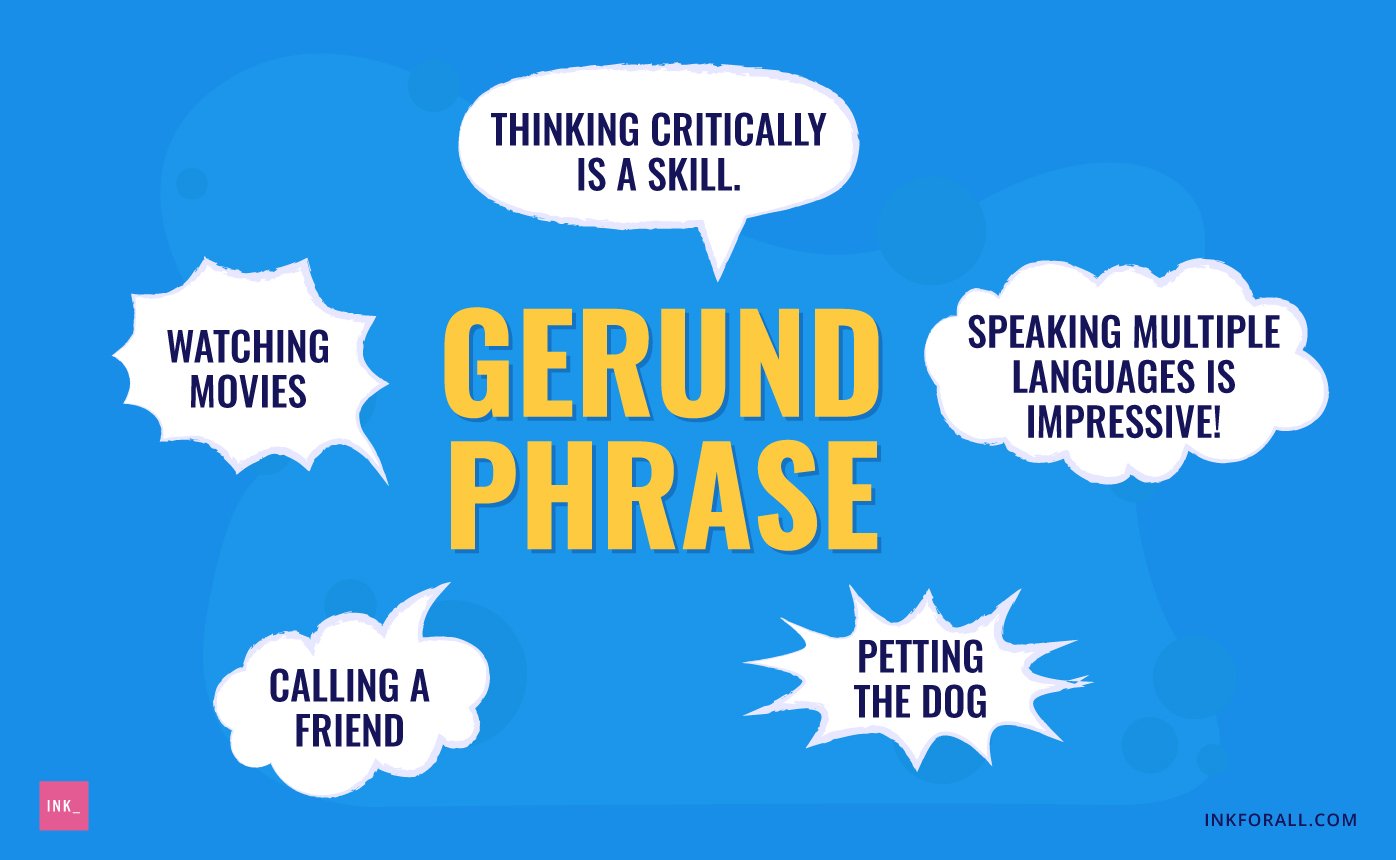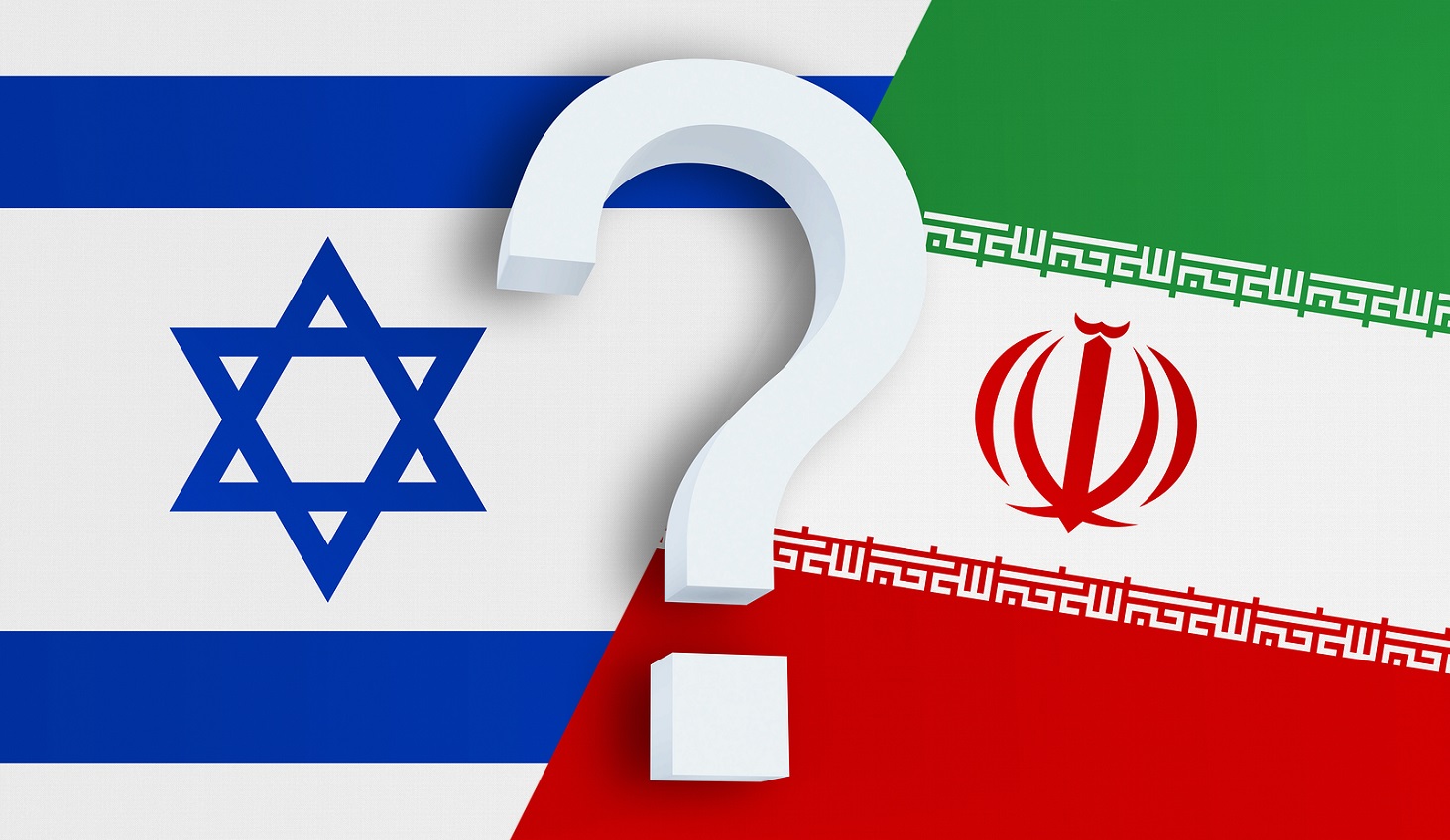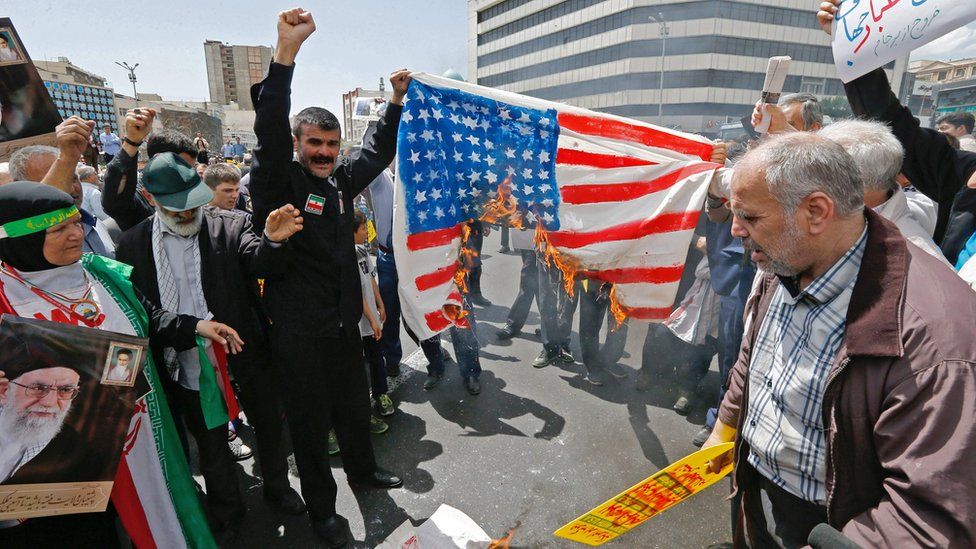Historical Context: Iranian Israeli

The relationship between Iran and Israel is a complex and often contentious one, shaped by historical events, religious beliefs, and geopolitical considerations. This complex tapestry of history is woven with threads of conflict, cooperation, and mutual suspicion, creating a unique dynamic between these two Middle Eastern powers.
Historical Events and Conflicts
The historical relationship between Iran and Israel is marked by a series of significant events and conflicts, which have shaped their present-day animosity. The roots of this tension can be traced back to the establishment of Israel in 1948, which was met with opposition from many Arab states, including Iran.
- The 1948 Arab-Israeli War: Following the creation of Israel, Iran, along with other Arab nations, opposed the establishment of the Jewish state. Iran supported the Palestinian cause and sent military aid to Egypt, which was engaged in a war with Israel. This conflict marked the beginning of a long-standing animosity between Iran and Israel.
- The 1979 Iranian Revolution: The Iranian Revolution, led by Ayatollah Ruhollah Khomeini, significantly impacted the relationship between Iran and Israel. Khomeini’s regime was vehemently opposed to Israel, labeling it a “Zionist entity” and a threat to the Islamic world.
- The Iran-Iraq War (1980-1988): During the Iran-Iraq War, Israel secretly provided Iraq with intelligence and weapons, aiming to weaken Iran. This further strained the already tense relationship between the two countries.
- The Lebanon War (1982): Israel’s invasion of Lebanon in 1982, which aimed to eliminate the Palestine Liberation Organization (PLO), also contributed to the growing tensions with Iran. Iran supported Hezbollah, a Lebanese Shi’a militant group, which opposed Israel’s presence in Lebanon.
- The 2006 Lebanon War: The 2006 Lebanon War, triggered by Hezbollah’s cross-border raid into Israel, witnessed Iran’s direct involvement in supporting Hezbollah. This conflict heightened tensions between Iran and Israel, leading to a series of military and political confrontations.
Role of Religion and Ideology
Religion and ideology play a pivotal role in shaping the relationship between Iran and Israel. Both countries view themselves as divinely chosen and have deeply held beliefs that inform their foreign policy and actions.
“The Islamic Republic of Iran has repeatedly declared its intention to wipe Israel off the map.” – Ayatollah Ali Khamenei, Supreme Leader of Iran
- Iran’s Islamic Revolution: The Iranian Revolution of 1979 brought to power a regime that espouses a revolutionary ideology based on Islamic principles. This ideology views Israel as an illegitimate state, a symbol of Western imperialism and a threat to the Islamic world.
- Israel’s Zionism: Israel’s foundation is rooted in Zionism, a nationalist movement that advocates for the establishment and preservation of a Jewish state in the land of Israel. This ideology is viewed with suspicion and hostility by many in the Muslim world, including Iran.
Political Systems and Foreign Policy Objectives
Iran and Israel have distinct political systems and foreign policy objectives, which contribute to their ongoing conflict.
- Iran: Iran is a theocratic republic governed by a Supreme Leader, who holds ultimate authority. Iran’s foreign policy is driven by a desire to project its influence in the region and promote its Islamic ideology.
- Israel: Israel is a parliamentary democracy with a strong military. Its foreign policy is largely focused on security concerns, seeking to maintain its regional dominance and ensure its survival in a hostile environment.
Current Relationship and Challenges

The relationship between Iran and Israel is fraught with tension and mistrust, rooted in a complex history of conflict and ideological differences. Both nations view each other as existential threats, leading to a volatile and unpredictable dynamic. This section explores the major points of contention, the impact of the nuclear issue, and the influence of regional actors and international powers.
Points of Contention
The relationship between Iran and Israel is characterized by a long-standing and multifaceted conflict. Here are some of the major points of contention:
- The Palestinian Issue: Iran strongly supports Palestinian self-determination and opposes Israeli occupation of Palestinian territories. Israel, on the other hand, views Iran as a major sponsor of terrorism and a threat to its security.
- Nuclear Program: Iran’s nuclear program has been a major source of tension. Israel views Iran’s nuclear ambitions as a threat to its existence and has repeatedly threatened military action if necessary. Iran insists its nuclear program is for peaceful purposes and has repeatedly denied any intent to develop nuclear weapons.
- Regional Influence: Both Iran and Israel are major regional powers with competing interests. Iran seeks to expand its influence in the Middle East, while Israel aims to maintain its dominance in the region. This competition has led to proxy conflicts and tensions in countries like Lebanon, Syria, and Yemen.
- Ideological Differences: Iran and Israel are ideologically opposed. Iran is a Shia Muslim theocracy, while Israel is a Jewish state. These differences have fueled religious and political tensions, further exacerbating the conflict.
Impact of the Nuclear Issue
The nuclear issue has been a major point of contention between Iran and Israel, casting a long shadow over their relationship.
- Escalating Tensions: The nuclear issue has fueled a cycle of escalating tensions and mistrust. Israel has repeatedly threatened military action against Iran’s nuclear facilities, while Iran has responded with defiant rhetoric and military exercises.
- International Sanctions: International sanctions imposed on Iran over its nuclear program have further strained relations. Israel has been a vocal advocate for these sanctions, seeking to pressure Iran into abandoning its nuclear ambitions.
- Nuclear Deal: The 2015 Joint Comprehensive Plan of Action (JCPOA), also known as the Iran nuclear deal, offered a glimmer of hope for improved relations. However, the deal was withdrawn by the United States in 2018, leading to renewed tensions and sanctions.
- Regional Security: The nuclear issue has raised concerns about regional security. The possibility of a nuclear-armed Iran has alarmed many regional actors, including Israel’s allies in the Gulf region.
Role of Regional Actors and International Powers
Regional actors and international powers play a significant role in influencing the relationship between Iran and Israel.
- Gulf Cooperation Council (GCC): The GCC states, particularly Saudi Arabia and the United Arab Emirates, view Iran as a regional rival and a threat to their security. They have supported Israel’s stance on the nuclear issue and have sought closer ties with Israel.
- Russia and China: Russia and China have maintained close ties with Iran, providing it with diplomatic and economic support. They have also opposed sanctions against Iran and have called for a diplomatic resolution to the nuclear issue.
- United States: The United States has a complex relationship with both Iran and Israel. While it maintains close ties with Israel, it has also pursued diplomacy with Iran, particularly in the context of the nuclear deal.
- European Union: The European Union has supported the JCPOA and has sought to maintain diplomatic relations with Iran. However, it has also expressed concerns about Iran’s human rights record and its regional activities.
Potential Future Scenarios

Predicting the future of the complex relationship between Iran and Israel is a daunting task, akin to trying to predict the trajectory of a runaway camel in a sandstorm. However, by examining the current dynamics and considering historical precedents, we can Artikel several potential scenarios that might unfold in the years to come.
A Diplomatic Breakthrough
A diplomatic breakthrough between Iran and Israel, though seemingly improbable, is not entirely impossible. Such a scenario would require a significant shift in both countries’ foreign policies, driven by shared interests or a common threat.
- A shared enemy: A common enemy, such as a regional power or a global threat, could create a basis for cooperation. The emergence of a new and significant threat, perhaps a rising terrorist group or an aggressive regional power, could force Iran and Israel to reconsider their adversarial relationship and find common ground.
- Economic incentives: The potential economic benefits of normalized relations could be a powerful motivator. Iran’s vast oil and gas reserves and Israel’s technological prowess could create lucrative opportunities for both countries.
- International pressure: International pressure from key actors, such as the United States or the European Union, could encourage a shift towards diplomacy.
The consequences of a diplomatic breakthrough would be far-reaching. It could lead to:
- Increased regional stability: Reduced tensions and improved communication could contribute to a more stable and peaceful Middle East.
- Economic growth: The opening of trade and investment opportunities could stimulate economic growth in both countries.
- Increased international cooperation: A successful diplomatic resolution could serve as a model for other regional conflicts.
Escalation of Tensions, Iranian israeli
The alternative to a diplomatic breakthrough is a further escalation of tensions, which could lead to a more dangerous and unpredictable situation.
- Military conflict: A direct military confrontation between Iran and Israel, though unlikely in the short term, remains a possibility. This could be triggered by a miscalculation, a provocation, or a perceived threat to vital interests.
- Proxy conflicts: Iran and Israel could continue to support opposing factions in regional conflicts, leading to a wider and more destabilizing proxy war.
- Cyberwarfare: The use of cyberattacks against critical infrastructure and government institutions could become more common and potentially devastating.
The consequences of a further escalation of tensions would be dire. It could lead to:
- Regional instability: Increased tensions and potential conflict could destabilize the entire region, leading to humanitarian crises and economic hardship.
- Global repercussions: A conflict between Iran and Israel could have significant global repercussions, potentially affecting energy markets, international trade, and global security.
- Nuclear proliferation: A further escalation of tensions could increase the risk of nuclear proliferation in the region, leading to a dangerous arms race.
A Framework for Peaceful Resolution
A peaceful resolution of the conflict between Iran and Israel would require a multifaceted approach, involving both political and economic initiatives.
- Dialogue and diplomacy: Regular and constructive dialogue between the two countries is essential to build trust and understanding.
- Security guarantees: Both sides need to feel secure and protected from existential threats. This could involve confidence-building measures, arms control agreements, and a commitment to peaceful conflict resolution.
- Economic cooperation: Promoting economic cooperation and interdependence can help to create shared interests and reduce the incentives for conflict.
- Regional stability: Addressing other regional conflicts, such as the Palestinian-Israeli conflict, could contribute to a more stable and secure environment for both Iran and Israel.
The road to a peaceful resolution will be long and challenging. It will require both sides to make difficult compromises and to prioritize diplomacy over confrontation. However, the potential rewards of a peaceful and cooperative relationship between Iran and Israel are immense. It could usher in a new era of stability and prosperity for the entire region.
Iranian israeli – The relationship between Iran and Israel has been marked by a long history of conflict and mistrust. Iran, a predominantly Shia Muslim nation, has long been a vocal critic of Israel, a Jewish state, and has supported Palestinian groups in their fight against Israel.
Tensions have escalated in recent years, with both countries engaging in a proxy war in the region. This complex and volatile relationship, often characterized by military posturing and political maneuvering, can be further explored here. The potential for conflict remains a constant threat to peace and stability in the Middle East.
The long-standing tension between Iran and Israel has created a complex geopolitical landscape. While both nations grapple with regional challenges, their relationship remains a focal point for international attention. The emergence of digital currencies, such as ripple xrp , has offered new avenues for cross-border transactions, potentially influencing the dynamics between Iran and Israel in the future.
The potential for these technologies to disrupt traditional financial systems could further complicate the already delicate balance in the region.
